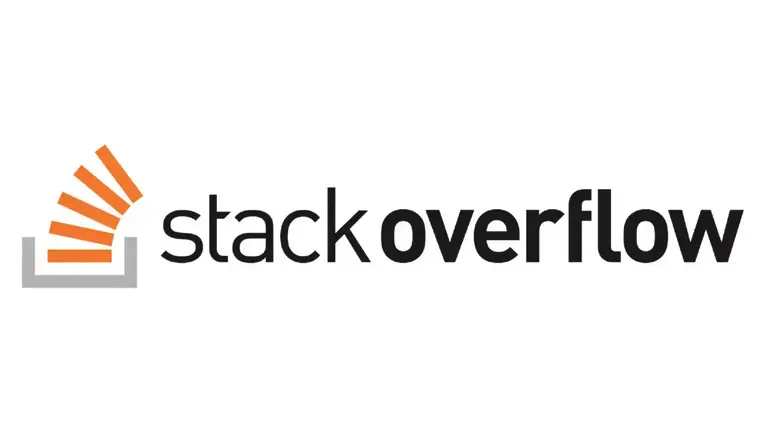Stack Overflow, the popular coding help forum, is laying off 28% of its staff, or over 100 employees. This comes as AI-powered coding tools are rapidly improving, threatening to disrupt the coding industry and reduce the need for human assistance.
The layoffs affect a variety of teams at Stack Overflow, including sales, marketing, and support. The company has not released specific details on which teams have been hit the hardest, but it is clear that AI is playing a role in the decision-making process.
AI-powered coding tools can generate code, translate code between languages, and debug code. This makes them a valuable asset for developers, and it is likely that their use will continue to grow in the coming years.
As AI coding tools become more sophisticated, they could potentially replace many of the jobs that are currently done by human developers. This could lead to significant job losses in the tech industry, especially among those who perform monotonous tasks such as bug fixing and code review.
The layoffs at Stack Overflow are a sign of the changing times in the tech industry. AI is rapidly transforming the way that software is developed, and companies are struggling to adapt. It remains to be seen how many jobs will be lost to AI in the coming years, but it is clear that the industry is headed for a major shakeup.
How AI Will Reduce Monotonous Jobs in Development
AI-powered coding tools can automate many of the monotonous and repetitive tasks that are currently done by human developers. This includes tasks such as:
- Bug fixing
- Code review
- Unit testing
- Code generation
- Code translation
As AI coding tools become more sophisticated, they will be able to automate even more complex tasks, such as system design and architecture. This could lead to a significant reduction in the number of human developers needed to build and maintain software systems.
The layoffs at Stack Overflow are a sign that the AI coding revolution is already underway. It is important for developers to start preparing for the future by developing new skills that cannot be easily automated. This could include skills such as creativity, problem-solving, and communication.
